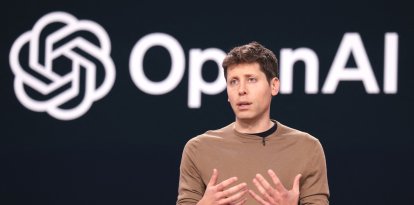These are the jobs most affected by artificial intelligence
A University of Pennsylvania study claims that 80% of the world's jobs can use a GPT-type AI in at least 10% of their daily tasks.

( Pixabay )
Artificial intelligence is applicable to almost any job. This is one of the conclusions reached by a team of researchers from the University of Pennsylvania in their latest study. Tyna Eloundou, Sam Manning, Pamela Mishkin and Daniel Rock, who work with OpenAI, focused on this issue for their latest work, which is of interest to a great number of people.
According to the conclusions reached by the research group, 80% of jobs will be affected by artificial intelligence by at least 10%. In other words, 10% of the work tasks performed by many workers can be executed by a ChatGPT-type AI. This AI is considered one of Statistical Language Modeling (LLM's), and works by assigning a probability value to a sequence of words.
GPTs are GPTs: An Early Loo... by Juan Pe
The researchers recall, however, that exposing the tasks to an AI does not imply that the AI can perform them completely on its own, but that they reduce the time required to successfully execute them by at least 50%, with the involvement of a human being. The Pennsylvania team believes that this should not be interpreted as a potential loss of jobs, but rather that a percentage of tasks will be easier and faster for workers to perform.
Managers are more affected
As AI capabilities grow over time with more exposure to a variety of tasks, this growth will determine how many jobs will be reduced. Around 19% of workers could have 50% of their tasks impacted by AI. According to researchers at the University of Pennsylvania, the proportion increases as jobs are higher paying. Those referred to as "white collar" are more affected by a Chat GPT-type AI. On the other hand, all jobs that have more "physical" parts are much less exposed to AI interference.
A table in the study ranks the jobs most exposed to the use of AI. Mathematicians, tax consultants, writers, journalists, secretaries, auditors and accountants are the groups most likely to rely on artificial intelligences in their day-to-day work.

























